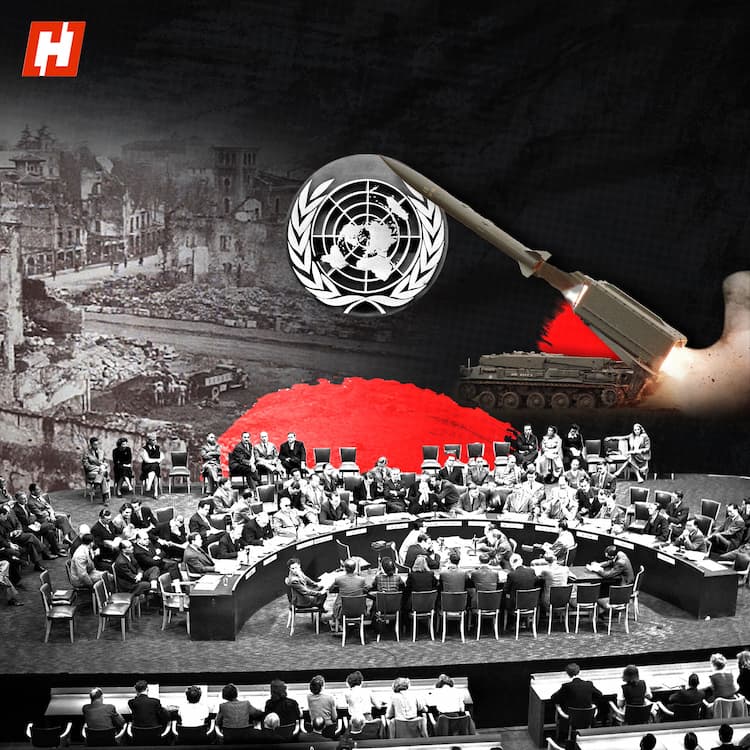NATO Secretary General Mark Rutte has said that all 32 members of the bloc have agreed to increase their defence spending to 5% of GDP amid a rising threat from Russia.
The move comes after repeated push from US President Donald Trump, asking the NATO members to increase their defence spending. Trump has often complained that European allies rely too heavily on US military support.
“The security situation has changed so much, and people know that when the call comes [in the event of an attack on a NATO member] … you now need to deliver to the collective endeavour, what you promised, that you better have your stuff there,” Rutte told the Guardian on the eve of NATO summit in The Hague.
Of the 5%, 3.5% of GDP will be dedicated to defence, while 1.5% will be reserved for border security, including intelligence and cybersecurity.
Rutte described Russia to be “the most significant and direct threat” currently faced by Europe and the larger international ecosystem. He added that the Kremlin was capable of attacking any alliance member within the next few years, urging members to comply with the new defence agreements.
According to reports, Russia has been producing an estimated four times the amount of ammunition in comparison to the NATO alliance, despite having a smaller economy than Europe. As a result, Rutte said that the bloc must “make sure we get the money up.”
Must Read: EU evacuates its citizens from Israel while locals barred from leaving the coutry
Rutte has been trying to cultivate a positive relationship with Trump, who has been at odds with the European allies over defence spending. As a result, Rutte introduced the defence agreement to reduce European dependence on US military power, working towards a more positive relationship with the US.
Rutte has also supported US military actions in the Middle East and condemned Iran's nuclear capabilities.
While all NATO members ultimately agreed to the agreement, initial hesitation from Spain resulted in rifts with Poland and the secretary general. Spain claimed that 5% target was “unreasonable,” while Poland criticised any potential exemptions for Spain as “unjustified.”
Spain has been lagging behind most of its NATO allies, having previously dedicated only 1.3% of its GDP to defence. The US president also criticised the Spanish proposal to raise spending to 2.1%, claiming that “NATO is going to have to deal with Spain. Spain’s been a very low payer.”






